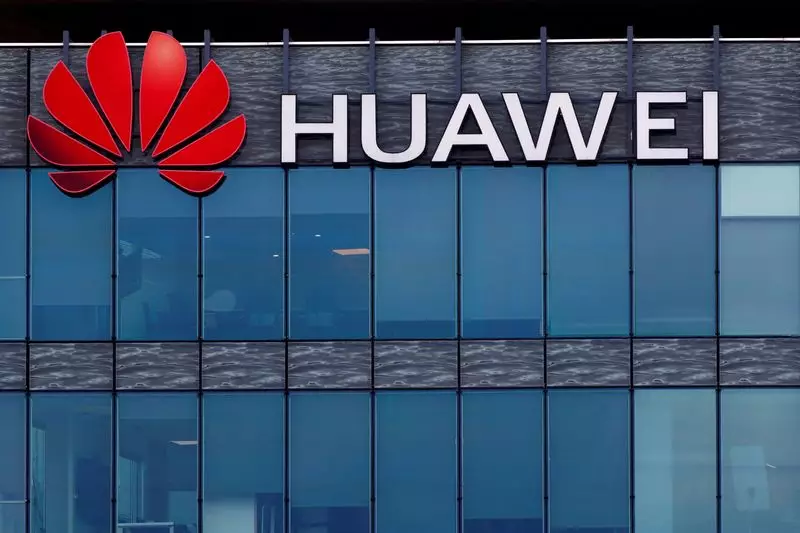The U.S. House of Representatives is gearing up for an essential vote on an annual defense bill that promises to reshape the landscape of telecommunications in the country. At the heart of the bill is the allocation of over $3 billion aimed at assisting U.S. telecom companies in removing Huawei and ZTE equipment from American wireless networks. This move comes in light of ongoing concerns about national security and the associated risks tied to foreign hardware within critical infrastructure.
Spanning an impressive 1,800 pages, the bill not only addresses the telecommunications challenges but also stipulates the need for thorough evaluations of China’s efforts to circumvent U.S. national security regulations. Additionally, an intelligence assessment is mandated to keep tabs on advancements in China’s biotechnology sector, highlighting the multifaceted nature of the threats that the legislation aims to mitigate. These provisions underscore a growing awareness that national security extends beyond immediate warfare and into the channels of technology and information exchange.
Despite the monumental $3 billion budget for the removal of insecure equipment, there is a glaring discrepancy between the estimated costs and the allocated funds. The Federal Communications Commission (FCC) has stated that the comprehensive removal process could come at a staggering price of $4.98 billion, but Congress approved only $1.9 billion earlier. This funding gap jeopardizes not only the efficacy of the program but also the security of rural consumers who increasingly rely on these networks.
FCC Chair Jessica Rosenworcel has voiced her concerns regarding the $3.08 billion shortfall that threatens to destabilize connectivity for millions. The potential repercussions are profound; without adequate funding, rural areas may face the risk of losing their sole service providers, which could ultimately endanger emergency services like 911. The stakes have never been higher for rural telecom consumers as they navigate an increasingly digital world.
Industry representatives have been vocal about the urgent need for increased funding. Tim Donovan, CEO of the Competitive Carriers Association, emphasized the necessity of these funds for not only fulfilling the mandate to remove risky equipment but also for ensuring the safety and connectivity of the American populace. As the telecommunications sector grapples with these challenges, it is clear that a collaborative effort is essential to navigate the complexities posed by foreign entities in domestic networks.
In 2019, Congress directed the FCC to enforce regulations requiring telecom carriers receiving federal subsidies to purge their networks of Chinese equipment. The recent push from the White House seeks to secure $3.1 billion to bolster these efforts. The Senate Commerce Committee has identified potential funding sources, including the revenue from a one-time spectrum auction, but the success of these endeavors hinges on legislative support.
The impending vote on the defense bill signifies more than just financial allocations; it reflects a robust strategy aimed at safeguarding national interests while ensuring that connectivity remains uninterrupted for all Americans. As stakeholders prepare for this critical decision, it is clear that the implications of this vote will resonate far beyond the walls of Washington.

